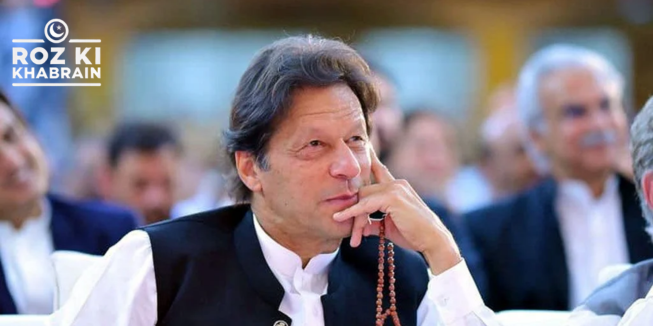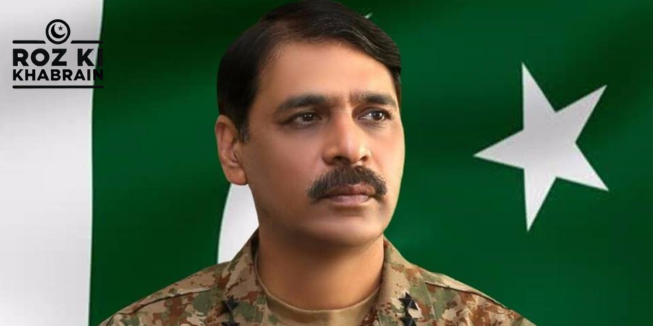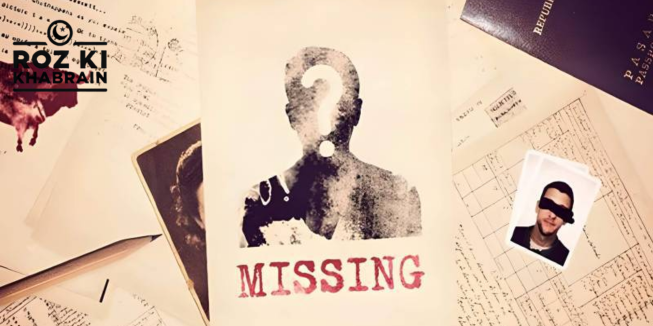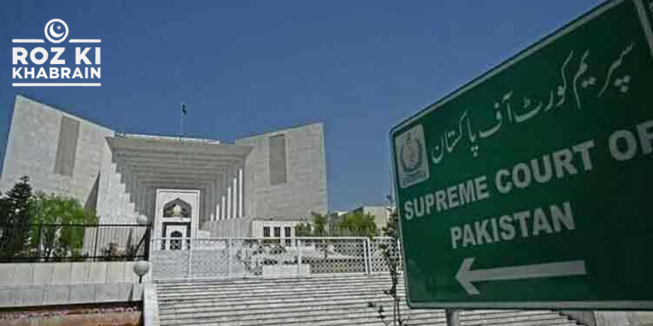The government of Pakistan is preparing to host the 23rd Shanghai Cooperation Organization (SCO) summit in Islamabad amidst a new surge of street protests. Demonstrations over rising living costs and alleged overcharging by electricity and gas departments are occurring nationwide, but the primary protests have been organized by Imran Khan’s Pakistan Tehreek-e-Insaf (PTI) party, which was declared illegal prior to last year’s general elections. As the government gears up for the SCO summit on October 15 and 16, heightened security measures have been implemented due to recent clashes between protesters and police. Military forces have been assigned to manage security in Islamabad, and phone and internet services have been suspended throughout the city. Pakistan’s Interior Minister announced that the army, along with special forces and Punjab state police, would collaborate to secure the summit, with military control of the city already in effect. This decision followed violent confrontations yesterday, resulting in the arrest of hundreds of protesters and injuries to at least 80 police officers due to gunfire from demonstrators.
The Pakistani government, particularly its military, appears to be at an impasse regarding how to handle Imran Khan and his party. This deadlock arises from the government’s indecision between two strategies for addressing the PTI. The first option involves acquiescing to the party’s demand for Imran Khan’s release, which would allow him to mobilize large protests through his populist rhetoric, creating significant challenges for the government and military. The second option is to suppress the protests, a tactic that has historically incited even stronger reactions from PTI supporters. Given the military’s past responses to protests, it seems more likely they will lean towards this suppressive approach, albeit gradually.
Imran Khan was removed from power in 2022 through a no-confidence vote in the National Assembly, which he alleges was influenced by domestic political parties and the United States, especially since the vote occurred shortly after his visit to Moscow on the day of Russia’s invasion of Ukraine. After his ousting, Khan organized massive protests, during one of which he was attacked and injured in the leg. While Khan was hospitalized, thousands of supporters continued to march, blaming the military for the assassination attempt and accusing military generals of involvement. Khan has claimed that Army Chief General Asim Munir holds a personal grudge against him, and the military has since aimed to purge pro-Khan elements from its ranks. This included the dismissal of General Faiz Hameed, former head of Pakistan’s ISI, who was arrested on August 13. Despite these actions, concerns persist regarding Khan’s significant influence within the military and intelligence agencies.
The Pakistani government is now contending with multiple challenges. Beyond its long-standing tensions with India and involvement in Afghanistan, it is also confronting various terrorist groups and separatist movements within its borders. Separatist factions like the Baloch Liberation Army and the Balochistan Liberation Front have sought independence for Balochistan for years. Additionally, terrorist organizations such as the TTP, ISIS, Jaish-e-Mohammed, and Lashkar-e-Jhangvi significantly strain military resources. Recently, the government addressed the Mahrang Baloch social movement led by a young woman advocating for an end to the killings of Baloch people. Furthermore, the recent declaration of the Pashtun Tahafuz Movement (PTM) as illegal is likely to spark further protests. Members of the now-dissolved PTI continue to press their demands and issue ultimatums to the federal government. The current PTI protests, which have compelled the government to transfer control of Islamabad to the military, follow an earlier ultimatum from PTI leader Ali Amin Gandapur.
On September 8, PTI managed to hold a significant gathering on the outskirts of Islamabad after two delays. On that day, the government blocked access to the diplomatic enclave and administrative complex with shipping containers to prevent protests. Later, clashes erupted as some groups attempted to enter Islamabad. Gandapur, leading the meeting in the absence of prominent PTI leaders, issued an ultimatum to the federal government, stating that if Imran Khan was not released from prison within two weeks, he would take matters into his own hands. PTI members subsequently released a statement indicating that if Khan was not freed within that time frame, they would escalate protests, particularly in Punjab province. With the government not acquiescing to their demands, PTI members have organized these demonstrations.
Recently, it was reported that Ali Amin Gandapur, a PTI leader and chief minister of Khyber Pakhtunkhwa, was arrested by police in Islamabad while he was supposed to chair a meeting regarding Khyber Pakhtunkhwa. His absence delayed the meeting by five hours, eventually led by the province’s governor. PTI members assert that Gandapur was indeed arrested, but the Interior Minister denied this, claiming the police raided the Khyber Pakhtunkhwa Chamber to apprehend him, but he was not present. These developments have created a significant dilemma for both the military and the Pakistani government, which can now be referred to as the “Imran Khan deadlock.”




